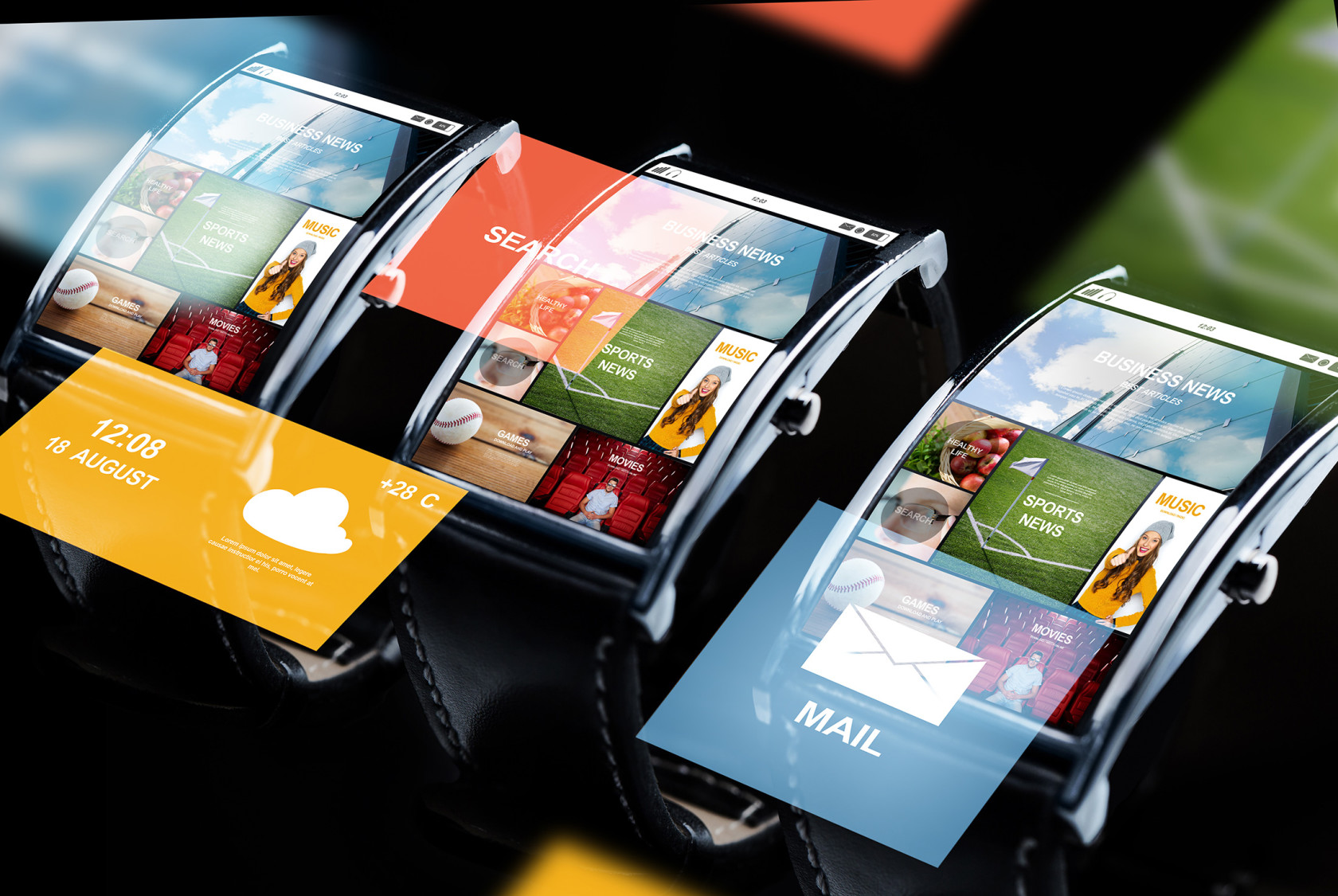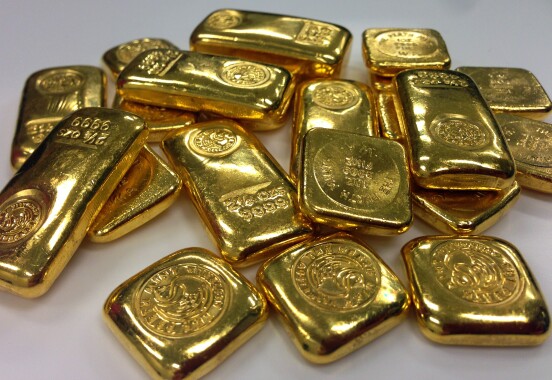
Putting a Value on Intellectual Property

You can get a patent on the workings of the new machinery you’ve designed. You can build a brand around the product name you give it. And you can secure specialist design rights on its individual components. But having protected all this creative ingenuity, how do you turn it into an income stream? There’s a surprising range of answers:
- You can use a patent to stop people selling their version of your patented product and aim to monopolise its sales in that market – but you can also license those same would-be competitors to generate you a positive income stream as well as (not just instead of) pursuing your own sales.
- You can use a protected registered brand name or logo in the same way, fending off competition from those who try to sail to close to it – but again, why not sub-license them to do so whilst still continuing to own it (and control it) for your own continued sales use?
- Grant them a franchise under the right conditions as yet another source of welcome cash, this time with your franchise holder, not you, bearing the business’s cash flow burden?
- The same choices are there for you if you’ve protected your designs as individual works (often mis-labelled “copyright” designs) namely, use your granted rights to stop competition, or to allow it only under your terms and with or without reserving your freedom to carry on competing in the same market.
There’s another way, however, much less well known of turning your protected IP into an asset without ever having licensed it, franchised it, or even sold products yet – and that is to have it valued by an IP Valuation Specialist. It’s an asset, albeit an intangible one, and like any asset it can be used in the right circumstances for leveraging a loan, freeing money from a pension fund, bolstering your balance sheet and justifying (or denying) a movement in your share price. The accurate Valuation of IP assets should also be considered in any business acquisition or sale negotiations in order to justify a fair price.
Valuing patents, trade marks and other IP forms as stand-alone assets even when there’s no commercial income stream yet attributable to them is skilled work for specialists – but it can be done, and ip21 has been doing it for many years for universities, R&D departments, and commercial businesses in East Anglia and throughout the UK who rightly want to see some internal value put on their IP given the cost of obtaining it in the first place.
For any aspect of Intellectual Property advice and overall strategy, please get in touch with the ip21 team.
William Jones, Chairman for ip21 Ltd